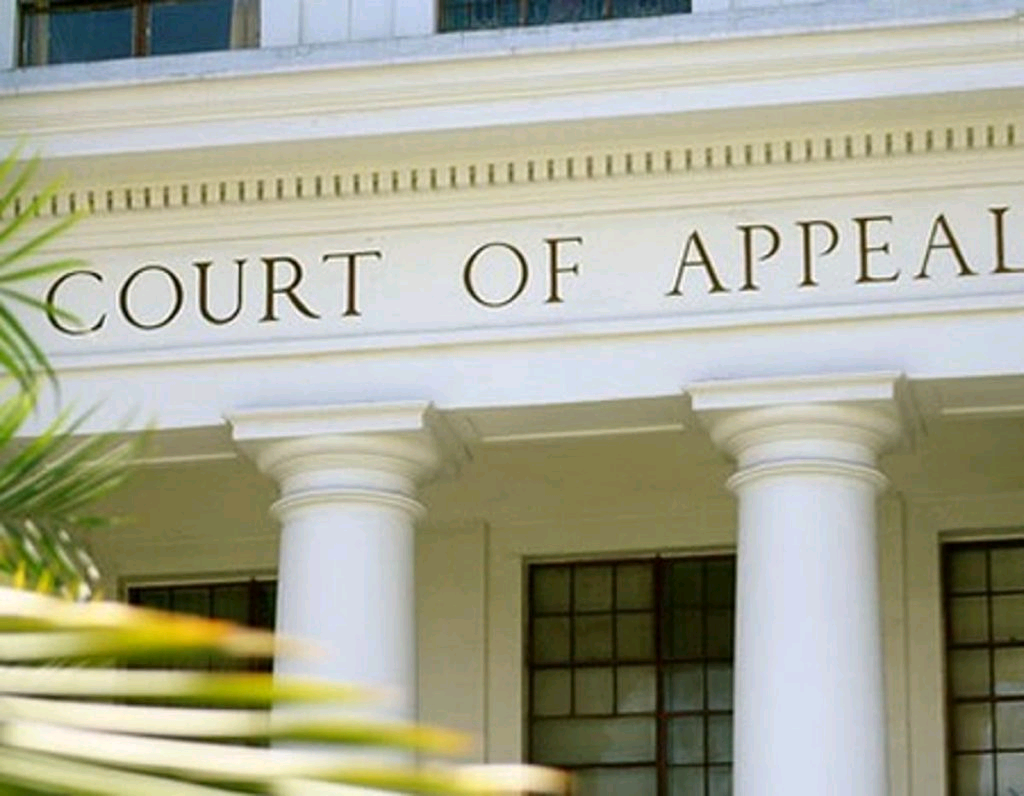In a significant legal development, the Court of Appeal in Abuja has nullified the earlier judgment delivered by the Federal High Court, which had mandated the Peoples Democratic Party (PDP) to permit the involvement of 381 ad-hoc delegates in its primary election scheduled for February 22, 2024.
This primary election, which has already taken place, resulted in the selection of Asue Ighodalo as the PDP’s candidate for the upcoming governorship election in Edo State, slated for September 21, 2024.
The decision by the Court of Appeal now casts doubt on the validity of the previous ruling and has raised important questions regarding the legal standing of the parties involved.

The controversy began when 381 ad-hoc delegates sought to participate in the PDP’s primary election, claiming they had been improperly excluded from the process.
They approached the Federal High Court in Abuja, which, on July 4, 2024, ruled in their favour.
Justice Inyang Edem Ekwo, who presided over the case, ordered that the PDP must include these delegates in the primary election process.
However, the PDP, unsatisfied with the High Court’s ruling, filed an appeal, arguing that the Federal High Court did not have the jurisdiction to interfere with its internal party affairs, particularly the selection of candidates.
The party contended that the process of choosing candidates is a political matter that should be left to the discretion of the party and not subject to judicial intervention.
On Monday, a three-member panel of the Court of Appeal delivered a judgment that overturned the decision of the Federal High Court.
The appellate court found that Justice Ekwo’s ruling was fundamentally flawed due to a lack of jurisdiction.
The Court of Appeal emphasized that the Federal High Court should not have entertained the suit filed by the aggrieved delegates in the first place, as it involved matters internal to the PDP.
Furthermore, the Court of Appeal determined that the plaintiffs, the 381 ad-hoc delegates, lacked the legal standing, or locus standi to bring the case before the court.
This legal principle is crucial in determining who has the right to initiate legal proceedings. In this instance, the appellate court ruled that the delegates did not have a sufficient interest in the matter to warrant the court’s intervention.
The Court of Appeal’s ruling also highlighted the importance of maintaining the separation between the judiciary and political parties’ internal mechanisms.
The judges underscored that courts should be cautious when dealing with cases involving the internal affairs of political parties, especially when it comes to the selection of candidates.
The court’s decision reaffirms the autonomy of political parties in managing their processes and selecting candidates without undue interference from the judiciary.
The ruling by the Court of Appeal has significant implications for the PDP and the upcoming governorship election in Edo State.
With the appellate court’s decision, Asue Ighodalo’s candidacy remains intact, as the primary election in which he emerged as the winner is upheld.
However, the judgment also serves as a reminder to political parties about the importance of adhering to internal party rules and the potential legal challenges that can arise from disputes over delegate selection and candidate nomination.
Moreover, this case underscores the broader issue of judicial intervention in political party affairs.
While the judiciary plays a crucial role in upholding the rule of law, its involvement in the internal workings of political parties must be carefully balanced to ensure that it does not undermine the autonomy of these organisations.
The Court of Appeal’s decision in this case sets a precedent that may influence how similar disputes are handled in the future.
The Court of Appeal’s decision to overturn the Federal High Court’s ruling on the participation of 381 ad-hoc delegates in the PDP primary election marks a pivotal moment in the legal proceedings surrounding the Edo State governorship election.
By reaffirming the importance of jurisdiction and legal standing, the appellate court has reinforced the boundaries between the judiciary and political parties’ internal processes.
As the election approaches, this ruling will undoubtedly shape the landscape of political and legal discourse in Edo State and beyond.
Support InfoStride News' Credible Journalism: Only credible journalism can guarantee a fair, accountable and transparent society, including democracy and government. It involves a lot of efforts and money. We need your support. Click here to Donate
